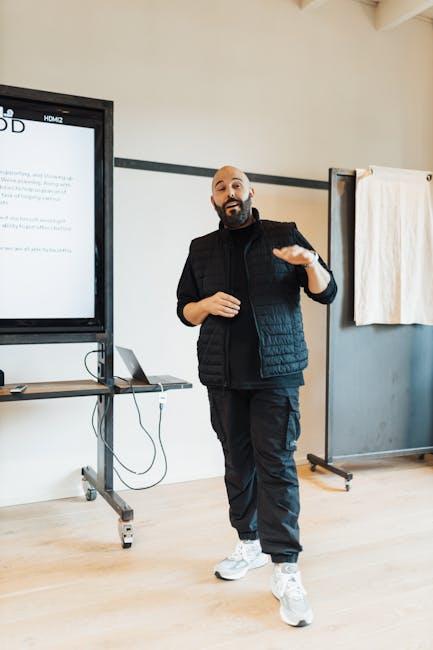In the intricate dance of human relationships, conflict is an inevitable step. It can feel like a discordant note in an otherwise harmonious melody, yet it holds the potential for growth, understanding, and deeper connection. “” explores this delicate balance, where disagreements are not adversaries but opportunities. Through the lens of empathy, communication, and mutual respect, we delve into how conflicts, when navigated thoughtfully, can transform into powerful catalysts for strengthening bonds. Join us as we unravel the secrets to embracing conflict as a pathway to healthier, more resilient relationships.
Understanding the Roots of Conflict
In any relationship, conflicts often stem from deeply rooted issues that can be both personal and relational. Understanding these roots requires a willingness to explore the underlying emotions and triggers. Often, these issues are connected to unmet needs or unresolved past experiences. Communication breakdowns, differences in values, and emotional wounds are some of the common origins that fuel disagreements.
- Communication Breakdown: Misunderstandings or lack of clear expression can lead to assumptions and resentment.
- Differences in Values: Conflicting beliefs or priorities can create tension if not openly addressed.
- Emotional Wounds: Past traumas or unresolved issues may resurface during conflicts, complicating resolution efforts.
Recognizing these elements allows individuals to approach conflicts with empathy and patience. By identifying and acknowledging these roots, partners can work together to address the core issues rather than just the symptoms, paving the way for healthier and more constructive resolutions.

Embracing Empathy and Active Listening
In the dance of dialogue, the ability to truly understand and validate a partner’s feelings can transform tension into growth. This begins with actively listening, where the focus is not on crafting a response but on genuinely absorbing what is being shared. Picture a conversation where words are not merely heard but deeply felt, creating a bridge of understanding. Here, empathy acts as a guiding light, illuminating the emotions behind the words and fostering a space where both individuals feel seen and valued.
- Pause and Reflect: Before responding, take a moment to consider the emotions conveyed.
- Ask Open-Ended Questions: Encourage further sharing and demonstrate genuine interest.
- Validate Feelings: Acknowledge their perspective without judgment.
- Use Nonverbal Cues: Nod, maintain eye contact, and lean slightly forward to show engagement.
By integrating these practices, couples can transform conflicts into opportunities for deeper connection, fostering a relationship that thrives on mutual respect and understanding.

Crafting Constructive Communication Strategies
Effective dialogue is the backbone of resolving disputes in any relationship. It begins with embracing a mindset of openness and empathy, allowing both parties to express their perspectives without fear of judgment. This approach not only fosters understanding but also paves the way for collaborative solutions.
- Listen Actively: Truly hear what your partner is saying, showing genuine interest and concern.
- Stay Calm: Maintain composure to ensure the conversation remains productive.
- Use “I” Statements: Communicate your feelings without assigning blame, e.g., “I feel…” instead of “You make me feel…”.
- Seek Common Ground: Focus on mutual interests to find a resolution that benefits both.
By crafting a strategy centered on these principles, partners can transform potential conflicts into opportunities for growth and deeper connection.

Building Bridges with Compromise and Collaboration
In the dance of relationships, finding harmony often means embracing the art of compromise and collaboration. Picture it as constructing a bridge between two shores, where each partner contributes their unique strengths. Compromise doesn’t mean losing oneself; it’s about weaving individual desires into a shared tapestry. This requires open-hearted listening, where each voice is heard and valued.
- Active Listening: Engage with empathy and patience, truly understanding your partner’s perspective.
- Flexibility: Be willing to adapt and explore creative solutions that satisfy both parties.
- Shared Goals: Focus on common objectives rather than individual wins.
Collaboration transforms conflict into an opportunity for growth. It encourages partners to brainstorm together, fostering an environment where innovative solutions flourish. By celebrating small victories and acknowledging each other’s contributions, relationships can thrive on a foundation of mutual respect and understanding.




